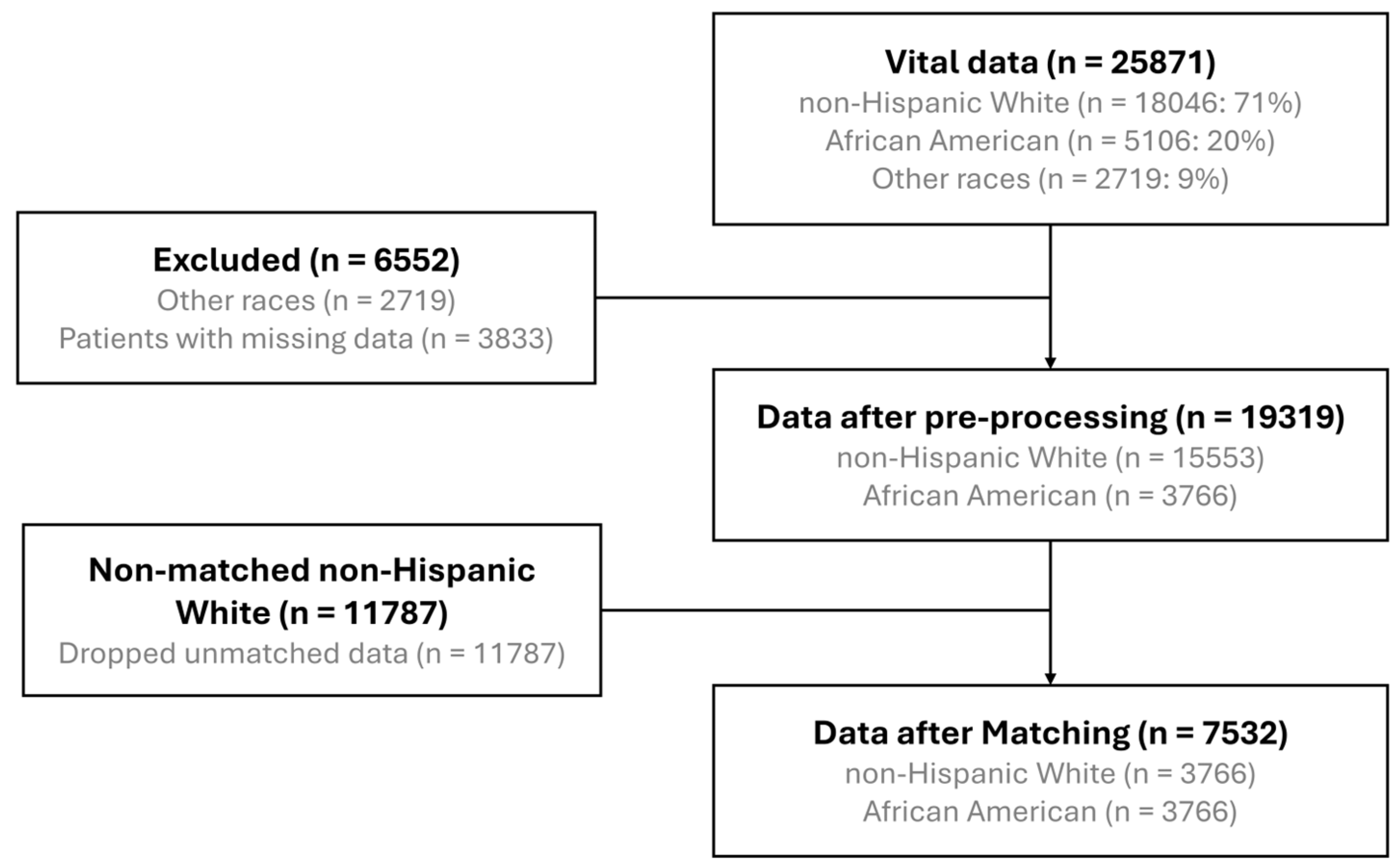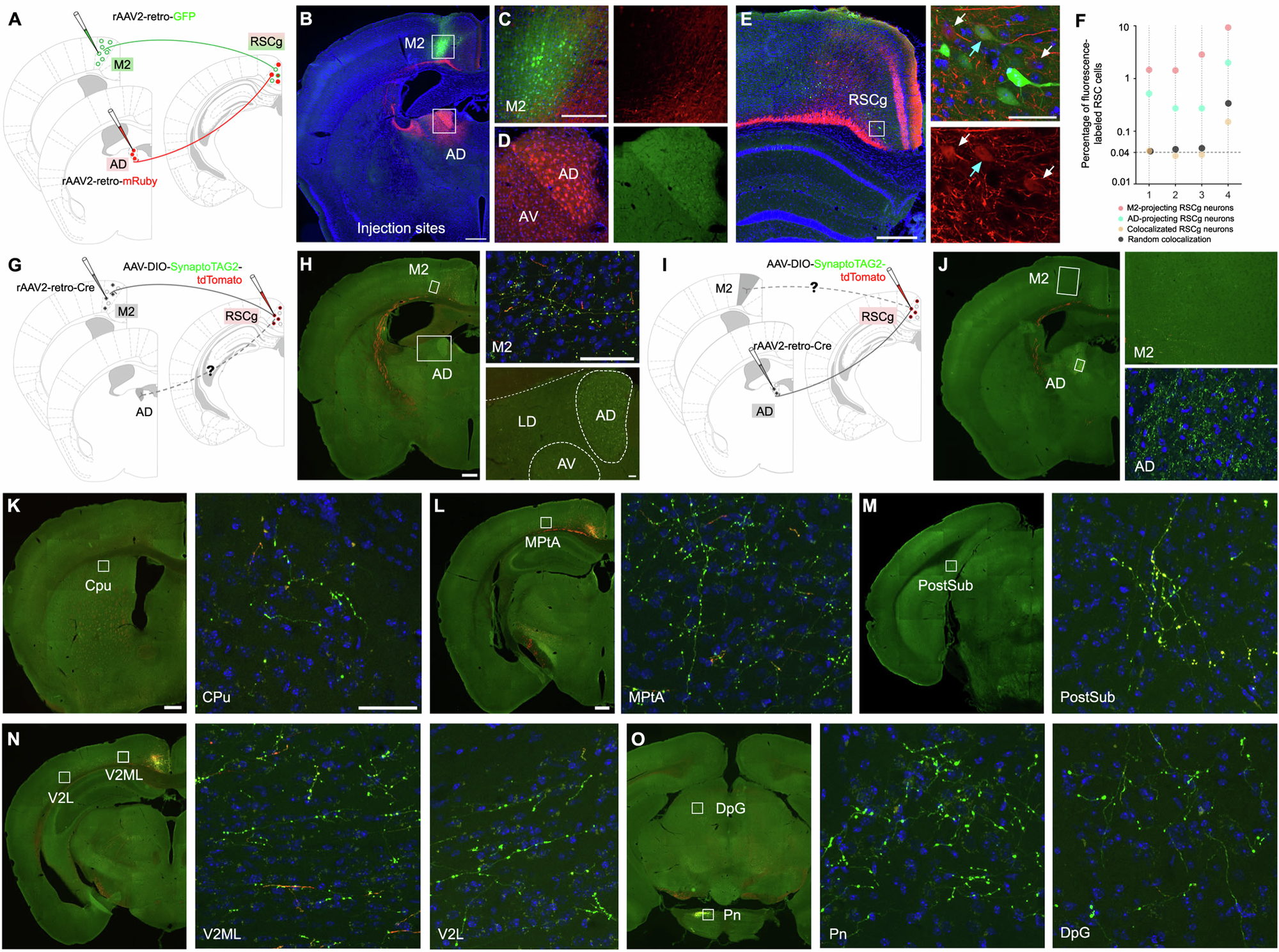2024-11-14 アリゾナ大学
<関連情報>
- https://news.arizona.edu/news/bringing-precision-murky-debate-fish-oil
- https://www.mdpi.com/2072-6643/16/17/2933
オメガ3脂肪酸サプリメント摂取後のアフリカ系アメリカ人の心筋梗塞リスクの有意な減少を機械学習と組み合わせた最適ペアマッチングが予測する Optimal Pair Matching Combined with Machine Learning Predicts a Significant Reduction in Myocardial Infarction Risk in African Americans Following Omega-3 Fatty Acid Supplementation
Shudong Sun,Aki Hara,Laurel Johnstone,Brian Hallmark,Joseph C. Watkins,Cynthia A. Thomson,Susan M. Schembre,Susan Sergeant,Jason G. Umans,Guang Yao,Hao Helen Zhang and Floyd H. Chilton
Nutrients Published: 2 September 2024
DOI:https://doi.org/10.3390/nu16172933

Abstract
Conflicting clinical trial results on omega-3 highly unsaturated fatty acids (n-3 HUFA) have prompted uncertainty about their cardioprotective effects. While the VITAL trial found no overall cardiovascular benefit from n-3 HUFA supplementation, its substantial African American (AfAm) enrollment provided a unique opportunity to explore racial differences in response to n-3 HUFA supplementation. The current observational study aimed to simulate randomized clinical trial (RCT) conditions by matching 3766 AfAm and 15,553 non-Hispanic White (NHW) individuals from the VITAL trial utilizing propensity score matching to address the limitations related to differences in confounding variables between the two groups. Within matched groups (3766 AfAm and 3766 NHW), n-3 HUFA supplementation’s impact on myocardial infarction (MI), stroke, and cardiovascular disease (CVD) mortality was assessed. A weighted decision tree analysis revealed belonging to the n-3 supplementation group as the most significant predictor of MI among AfAm but not NHW. Further logistic regression using the LASSO method and bootstrap estimation of standard errors indicated n-3 supplementation significantly lowered MI risk in AfAm (OR 0.17, 95% CI [0.048, 0.60]), with no such effect in NHW. This study underscores the critical need for future RCT to explore racial disparities in MI risk associated with n-3 HUFA supplementation and highlights potential causal differences between supplementation health outcomes in AfAm versus NHW populations.

